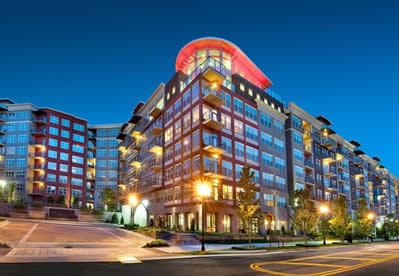Special mutlifamily apartment loans are offered by the United States Department of Housing and Urban Development (HUD). These loans are a great way to get out of property debt and to do service for the community. However, only certain properties are eligible. Generally, the property must contain at least five units. Lenders who meet eligibility requirements and who are approved for this loan will enjoy excellent leverage and long-term fixed mortgage rates and terms.
Eligibility Requirements
As mentioned, there are several eligibility requirements that must be met in order to qualify for a multifamily apartment refinance loan. These requirements typically deal with occupancy and overall property quality.
Some of the eligibility requirements that must be met include:
- Property must have complete kitchens and baths that have been in their current conditions for at least 3 years
- Must not be a student housing property
- Must offer at least 30 day lease terms
- Property must be at least 3 years old

Documentation
When a property and the owner are both eligible for a multifamily apartment refinance loan, the next step, of course, is to apply for one. During the application process, several documents will need to be presented to the lending company. These typically include the following items, among others:
- Past two years worth of year to date income and expense statements
- A current rent roll, which details all rented properties, the rents charged for each property, and any rent concessions
- Capital improvement summary if applicable
- Photos of the inside and outside of the property
- Personal financial statement
- Schedule of real estate
Fees Involved
As with most loans and mortgage agreements, there are some fees involved in the lending and borrowing process. These fees can vary greatly in amount dependent on several different factors. With that said, however, most borrowers will be asked to pay for an appraisal and engineering report on the property, as well as for an environmental analysis and an inspection by the FHA. There are also financing fees, first year mortgage insurance premiums, and title and recording fees.
These fees are dependent on many different factors. However, they can often be paid out of the funds to be acquired, so very few borrowers will actually be responsible for using their own money on these fees.
Repair and Improve
One of the best things about this refinancing option is that there are not a lot of restrictions as to what can be done with the borrowed money. A large portion of the funds can actually be invested back into the property in the form of repairs and improvements. There are some restrictions about the types of repairs that can be made, but as long as the rules are followed closely, the refinance is a great way to make a property better, more liveable, and more profitable.
For more information on this awesome refinancing option, contact your local HUD agency on an approved HUD lender to learn more.

